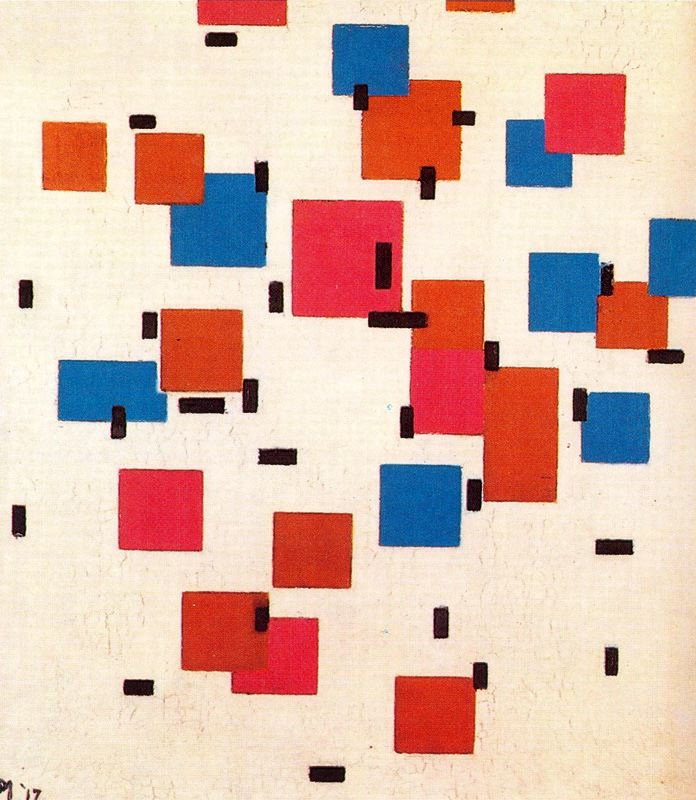Aspetti e frontiere del racconto biografico
DOI:
https://doi.org/10.13133/2239-1983/18786Abstract
The present essay attempts to demonstrate how and why 19th century forms and 20th century variants of biofiction mark an important paradigm shift in the recent history of the literary field. They prove that in the narrative genres of contemporary age life is not perceived as the object of an integral representation but is rather treated as the subject of a recognition, that of a reality as fragmentary as the manners of an art founded on the temporal imbalance between βίος and fiction. The essay aims to clarify aspects and frontiers of biofiction dating back to European modernity: the fictional matrix that is implied in the dynamic between narrativization and reconstruction; the illusory rigour of completeness; the constant fragmentariness; the alternation between topics of uniqueness and discourse of infamy; the atmospheric definition of the untimely – with the purpose of providing, through a combined exercise of theoretical morphology and diachronic genealogy, the fundamental coordinates for the metahistorical interpretation of modern biofiction.
Downloads
Published
How to Cite
Issue
Section
License
Gli autori che pubblicano su questa rivista accettano le seguenti condizioni:- Gli autori mantengono i diritti sulla loro opera e cedono alla rivista il diritto di prima pubblicazione dell'opera, contemporaneamente licenziata sotto una Licenza Creative Commons - Attribuzione che permette ad altri di condividere l'opera indicando la paternità intellettuale e la prima pubblicazione su questa rivista.
- Gli autori possono aderire ad altri accordi di licenza non esclusiva per la distribuzione della versione dell'opera pubblicata (es. depositarla in un archivio istituzionale o pubblicarla in una monografia), a patto di indicare che la prima pubblicazione è avvenuta su questa rivista.
- Gli autori possono diffondere la loro opera online (es. in repository istituzionali o nel loro sito web) prima e durante il processo di submission, poiché può portare a scambi produttivi e aumentare le citazioni dell'opera pubblicata (Vedi The Effect of Open Access).


